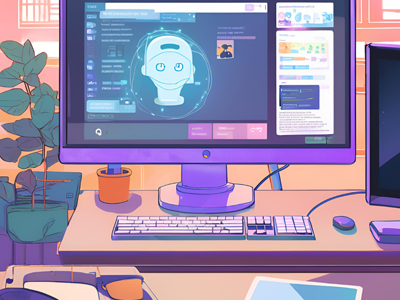Gaining popularity in customer service, e-commerce, marketing, and practice within the legal arena are chatbot programs based on artificial intelligence and machine learning that simulate conversations with real advisors. They depend on the technology of natural language processing for understanding, interpreting, and answering human speech. Using the machine learning technique, chatbot systems adapt and improve response quality through learning from large pieces of textual data. With the integration of databases and APIs, their functionality can be extended by enabling them to perform certain types of operations, such as booking or providing personalized information.
This, in turn, requires careful design of secure processing, storage, and transmission of information. Needless to say, legal liability also must be demarcated regarding chatbot acts, such as when information is provided with errors. The developers and owners of chatbots must be clearly identified in terms of liability to avoid any potential legal risks.
In the end, chatbots offer a huge chance to increase customer service in the digital world. However, using them requires not only technical skills but also consideration of legal aspects. Therefore, if businesses and societies want to successfully integrate chatbots, they must develop and implement clear rules and policies.


